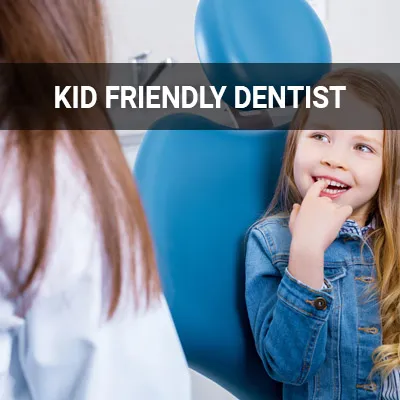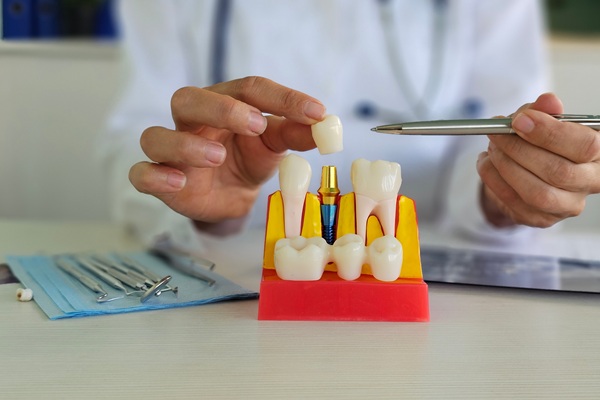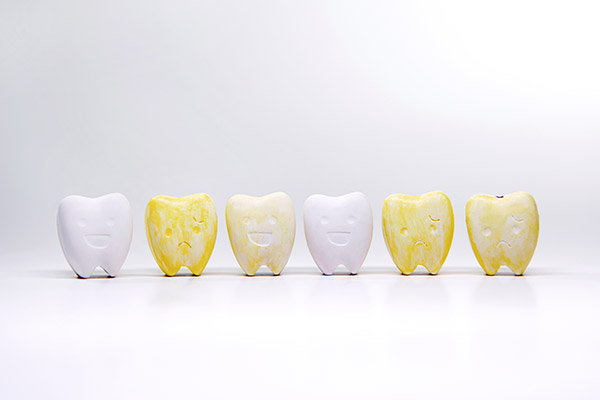Why Dental Sealants Play an Important Part in Protecting Your Child’s Teeth Albany, IN
Dental sealants cannot prevent all cavities but they help protect children's teeth to reduce the risk of frequent cavities. Proper oral hygiene remains essential, and routine brushing and flossing keep a child's mouth clean. While tooth decay is a common problem, many childhood cavities are preventable.
Dental sealants protect a child's molars by sealing up cracks and crevices. During a sealant treatment, our team applies a special gel. This gel secures onto tooth enamel and hardens into a protective layer. Dental sealant guards the tooth against future decay.
Dental sealants are available at Albany Dental Care in Albany and the surrounding area. Call us at (765) 780-2078 to schedule an appointment.
Sealants Can Reduce the Risk of Cavities
The Center for Disease Control estimates that more than 40% of children develop cavities in their baby teeth. Children often have a tough time brushing every corner of their mouth. Deep grooves or depressions in back teeth are especially vulnerable to decay. Inadequate or incomplete brushing allows plaque to build up in these trouble spots.
Dental sealants act as a barrier against harmful bacteria. The sealant gel bonds with the tooth to create a hard surface. This barrier keeps food, debris, and bacteria from penetrating. Sealants hold up against the force of daily chewing and prevent enamel erosion.
“The sealant gel bonds with the tooth to create a hard surface.”
Sealants Can Stand Up to Sugary and Sticky Foods
As many parents are aware, kids are fond of cavity-forming foods. Sugary and acidic foods and beverages are a big hit with most kids. Children also love sticky foods like toffees, taffies, and gummy candies.
These foods attach onto teeth, and they can be difficult to brush away. Good oral hygiene is not always enough to sweep away the remains of sugary foods. As bacteria feast on sugar, these treats can set your child up for future cavities. Sealants help provide an added defense in the most vulnerable parts of a child's mouth.
“Sealants help provide an added defense in the most vulnerable parts of a child’s mouth.”
Sealants Help Compensate for Poor Brushing
It can be difficult for children to keep up with their oral hygiene. Many children skip their morning tooth-brushing or forget to floss at night. Busy parents may not notice that their children are cutting corners. But over time, skipping brushing or flossing can lead to serious dental problems.
Sealants are not a replacement for regular brushing and flossing, but they make it harder for bacteria and food to penetrate the enamel. They buy your child a little extra time to catch up with their oral hygiene. Dental sealants offer support to busy families with hectic schedules.
“Sealants are not a replacement for regular brushing and flossing, but they make it harder for bacteria and food to penetrate the enamel.”
Check out what others are saying about our dental services on Yelp: Why Dental Sealants Play an Important Part in Protecting Your Child's Teeth in Albany, IN
Dentists Across the Globe Recommend Sealants
Most dentists recommend dental sealants as they deliver promising results. The American Dental Association has found that sealants reduce the risk of molar decay by nearly 80%. According to the CDC, "school-age children (ages 6–11) without sealants have almost 3 times as many cavities in the first molars as children with sealants."
Sealants have been used in dentistry for more than 50 years. During this period, dentists have studied the long-term effects of sealant gels. Healthline states that "School-age children without sealants have almost three times more cavities than children with sealants." Sealants help protect a child's oral health and reduce their chances of tooth decay."p>
"There is no credible evidence that sealants are associated with health risks."
Questions Answered on This Page
Q. How do dental sealants work?
Q. Can sealants protect against cavity-forming bacteria?
Q. How do sealants compensate for poor oral hygiene?
Q. Are sealants safe for children?
Q. What are the financial benefits of dental sealants?
People Also Ask
Q. What treatments does a kid friendly dentist provide?
Q. How can a person's diet help with tooth decay?
Q. How often should someone have a dental checkup?
Q. What's the right age to get sealants?
Q. Beyond regular checkups, what additional procedures might a dentist recommend?
Sealants Prevent Common Dental Concerns
Preventive dentistry can help ensure a healthy mouth for years to come. A preventative measure may also save time and discomfort later on. Filling cavities and repairing tooth decay is often painful or uncomfortable. Restoring the damage can be a financial strain and a source of significant stress. Each minor filling causes stress or trauma to the gums and causes further complications over time.
An in-office sealant procedure can save time and trouble later on. It takes less than an hour to apply sealants. If a patient dislikes dentist visits, this procedure can limit the amount of time they spend in the dentist's chair throughout their life.
"Restoring the damage can be a financial strain and a source of significant stress."
Frequently Asked Questions
Q. What are dental sealants?
A. Sealants are a thin material applied directly to the surface of the tooth. Dental sealants bond with the enamel to create a protective coating. This coating helps prevent cavity-causing bacteria from damaging the tooth.
Q. Do sealants hurt?
A. Dental sealants procedures are fast and painless. First, our dental team cleans the tooth and then applies a special gel to prepare the surface. After that, we attach the sealant and use a blue light to harden it. Most patients experience no discomfort during the procedure. Sealants do not leave your mouth sore or achy. No drilling or injections are required, and the process usually takes only a few minutes.
Q. When should I consider dental sealants for my child?
A. For optimal results, sealants should be applied to newly erupted molars. The first round of molars appears when a child is 6-7 years old. The second round usually appears at age 12-13, with wisdom teeth appearing around age 18. Our dental team can apply a sealant to each round of molars as they erupt.
Q. Can adults receive sealants?
A. Sealants are a popular preventive treatment for children, but adults can receive sealants too. Receiving sealants as a family can encourage your child to relax during their dentist visit. Our team can provide more details about adult sealant procedures.
Q. How much do dental sealants typically cost?
A. Dental sealants are a simple and minor treatment that are usually inexpensive. The average cost for sealants ranges between $30 to $60 per tooth. Payment plans and insurance can reduce these costs even further. We can discuss payment options during the consultation visit.
Family Dental Terminology
Call Us Today
Sealants can reduce your child's lifetime risk of cavities. Dental sealants offer a peace of mind for busy parents and help prevent future dental problems for their children. Let Albany Dental Care in Albany help you explore the benefits of dental sealants. Call us at 765-780-2078 to schedule an appointment with a qualified dentist.
Helpful Related Links
- American Dental Association (ADA). Glossary of Dental Clinical Terms. 2024
- American Academy of Cosmetic Dentistry® (AACD). Home Page. 2024
- WebMD. WebMD's Oral Care Guide. 2024
About our business, license, and website security
- Albany Dental Care was established in 1997.
- We accept the following payment methods: American Express, Cash, Check, Discover, MasterCard, and Visa
- We serve patients from the following counties: Delaware County
- We serve patients from the following cities: Albany, Muncie, Winchester, Portland, Hartford City, and Dunkirk
- National Provider Identifier Database (1891319794). View NPI Registry Information
- Norton Safe Web. View Details
- Trend Micro Site Safety Center. View Details
Back to top of Why Dental Sealants Play an Important Part in Protecting Your Child's Teeth
QR code for Why Dental Sealants Play an Important Part in Protecting Your Child's Teeth











